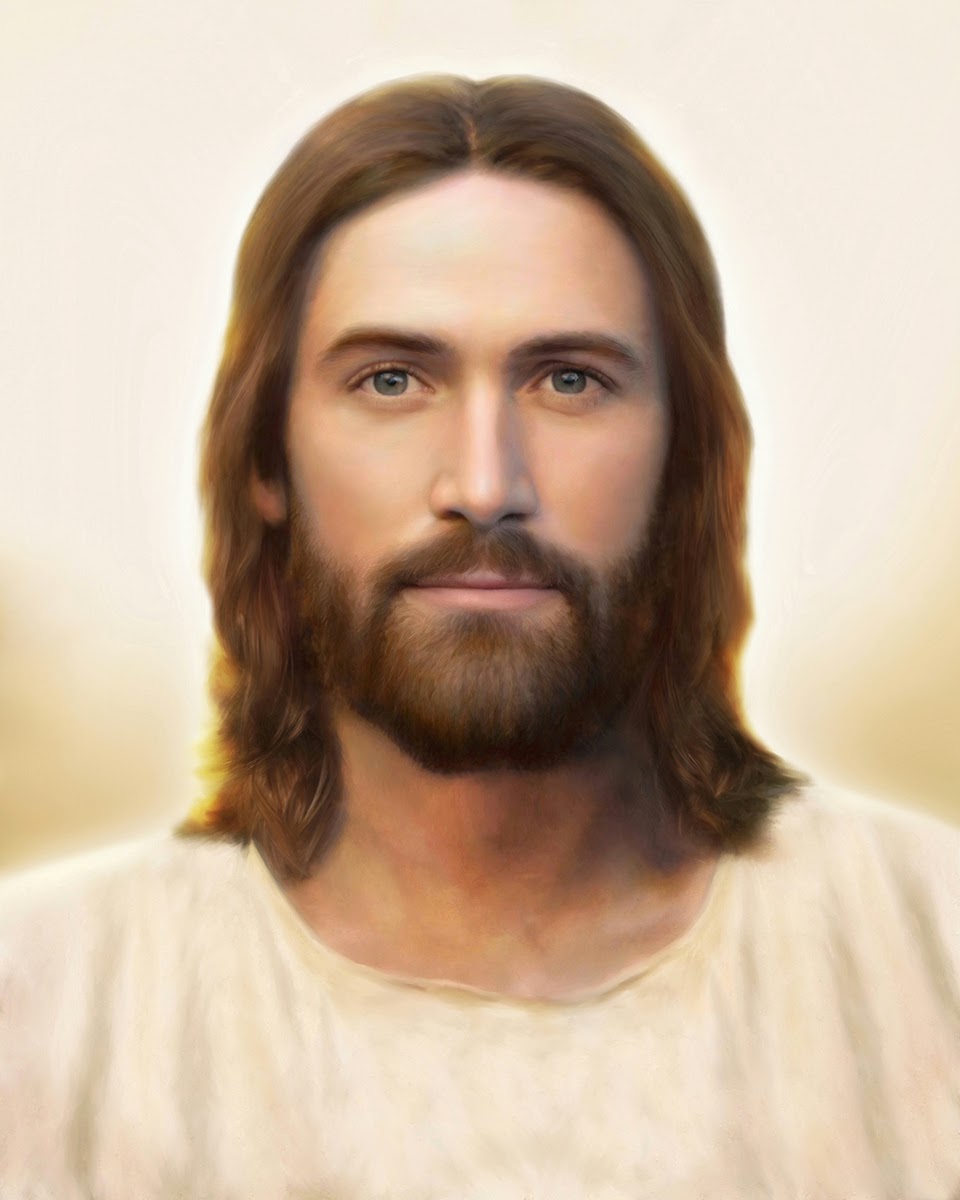Reading 1 – Excerpt from Bible Dictionary, “Feasts,” page 672 - The
Feast of Tabernacles or of Ingathering, called by later Jews the Feast, and
reckoned by them to be the greatest and most joyful of all, was celebrated on
the fifteenth to twenty-first days of the seventh month. To the seven days was
added an eighth (“the last day, that great day of the feast” (John 7:37), a day
of holy convocation, which marked the ending not only of this particular feast,
but of the whole festival season. The events celebrated were the sojourning of
the children of Israel in the wilderness, and the gathering-in of all the
fruits of the year. The sacrifices prescribed by the law were more
numerous than for any other feast, and impressive ceremonies were added in
later times, that is, (1) the drawing of water from Siloam and its libation on
the altar (of this it was said that he who has not seen the joy of the drawing
of water at the Feast of Tabernacles does not know what joy is); and (2) the
illumination of the temple courts by four golden candelabra. It is probably to
these ceremonies that our Lord refers in John 7:37 and 8:12. (3) The making of
a canopy of willows over the altar. The characteristic rite of the Feast of
Tabernacles was the dwelling in booths made of the boughs of trees.
Reading 2 - Elder Bruce R. McConkie described the Feast of Tabernacles
as follows: "Coming five days after the Day of Atonement, it was thus
celebrated when the sins of the chosen people had been removed and when their
special covenant relation to Jehovah had been renewed and restored. Above all
other occasions it was one for rejoicing, bearing testimony, and praising the
Lord. In the full sense, it is the Feast of Jehovah, the one Mosaic celebration
which, as part of the restitution of all things, shall be restored when Jehovah
comes to reign personally upon the earth for a thousand years. Even now we
perform one of its chief rituals in our solemn assemblies, the giving of the Hosanna
Shout, and the worshipers of Jehovah shall yet be privileged to exult in other
of its sacred rituals." (Promised Messiah, p426)
Reading
3 – John 7:14-17
Reading 4 - Elder John K. Carmack of the Seventy said: “Jesus
explained, ‘If any man will do his will, he shall know of the doctrine, whether
it be of God, or whether I speak of myself’ (John 7:17). In other words, as you
try it you can know it is true. This requires the faith to try, but it yields
spiritual evidence. To the disciple who tries the experiment will come
conviction, knowledge, and light” (in Conference Report, Oct. 1988, 32; or
Ensign, Nov. 1988, 26).
Elder Bruce R. McConkie wrote: "In the final analysis the truth of
doctrine can only be known by revelation gained as a result of obedience."
(Mormon Doctrine, p205)
Reading
5 – John 8:3-11
President Spencer W. Kimball wrote: His command to her was, “Go and sin
no more.” He was directing the sinful
woman to go her way, abandon her evil life, commit no more sin, transform her
life. He was saying, “Go, woman, and
start your repentance”; and he was indicating to her the beginning step–to
abandon her transgressions. (Spencer W. Kimball, The Miracle of Forgiveness, p. 165)
Reading 6 - Elder Marvin J. Ashton said: “The scribes and Pharisees
brought before the Savior a woman taken in adultery. Their purpose was not to
show love for either the woman or the Savior, but to embarrass and trick Jesus.
… Jesus did not condone adultery; there is no doubt about His attitude toward
proper moral conduct. [But] He chose to teach with love—to show the scribes and
Pharisees the need of serving the individual for her best good and to show the
destructive forces of trickery and embarrassment” (in Conference Report, Apr.
1981, 31–32; or Ensign, May 1981, 24).
Reading
7 – John 8:12
Reading
8 – Doctrine and Covenants 84:45-46
Doctrine
and Covenants 88:6-13
Reading
9 – John 8:31-36
Reading
10 – John 7:27-38
John
4:10-11,13-14







